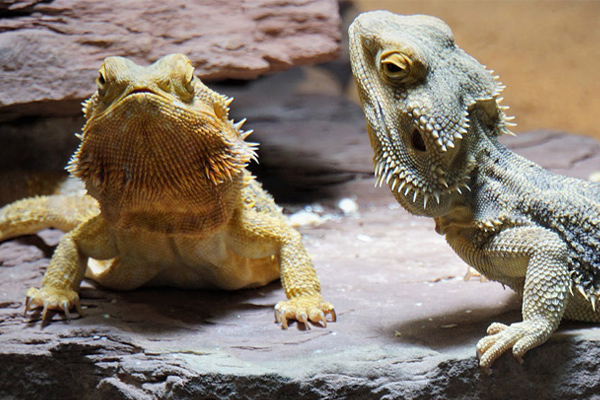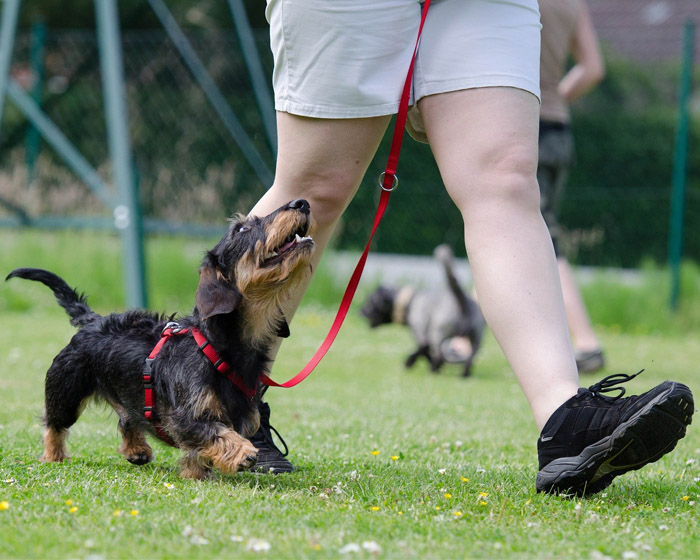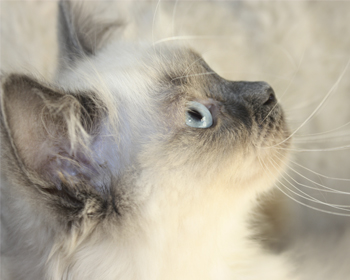Advancing Our Understanding of Animal Behaviour
With more than three decades of research experience, it would be fair to say that Professor Daniel Mills is an international authority on companion animal behaviour, cognition, and welfare. He was the UK’s first specialist in veterinary behavioural medicine to be recognised by the Royal College of Veterinary Surgeons, and was in the top 1 per cent of cited scientists globally, according to Stanford University's research database.
Daniel is Professor of Veterinary Behavioural Medicine at the University of Lincoln and his research focuses on two strands: the assessment of emotion in non-human animals, and how this understanding can be applied to human animal relationships, problem behaviour in animals (particularly cats, dogs, and horses), and improving the performance of working animals.
Over the past 25 years, Daniel has led the development of what has become known as the 'psychobiological approach' to clinical animal behaviour at Lincoln. This synthesises contemporary behavioural biology and psychology with neuroscience to develop a systematic scientific approach to the assessment of problem behaviour in animals.

/prod01/university-of-lincoln-cdn-pxl/media/responsive2017/research/newresearch/Daniel,Mills,banner,1600X600.jpg )



